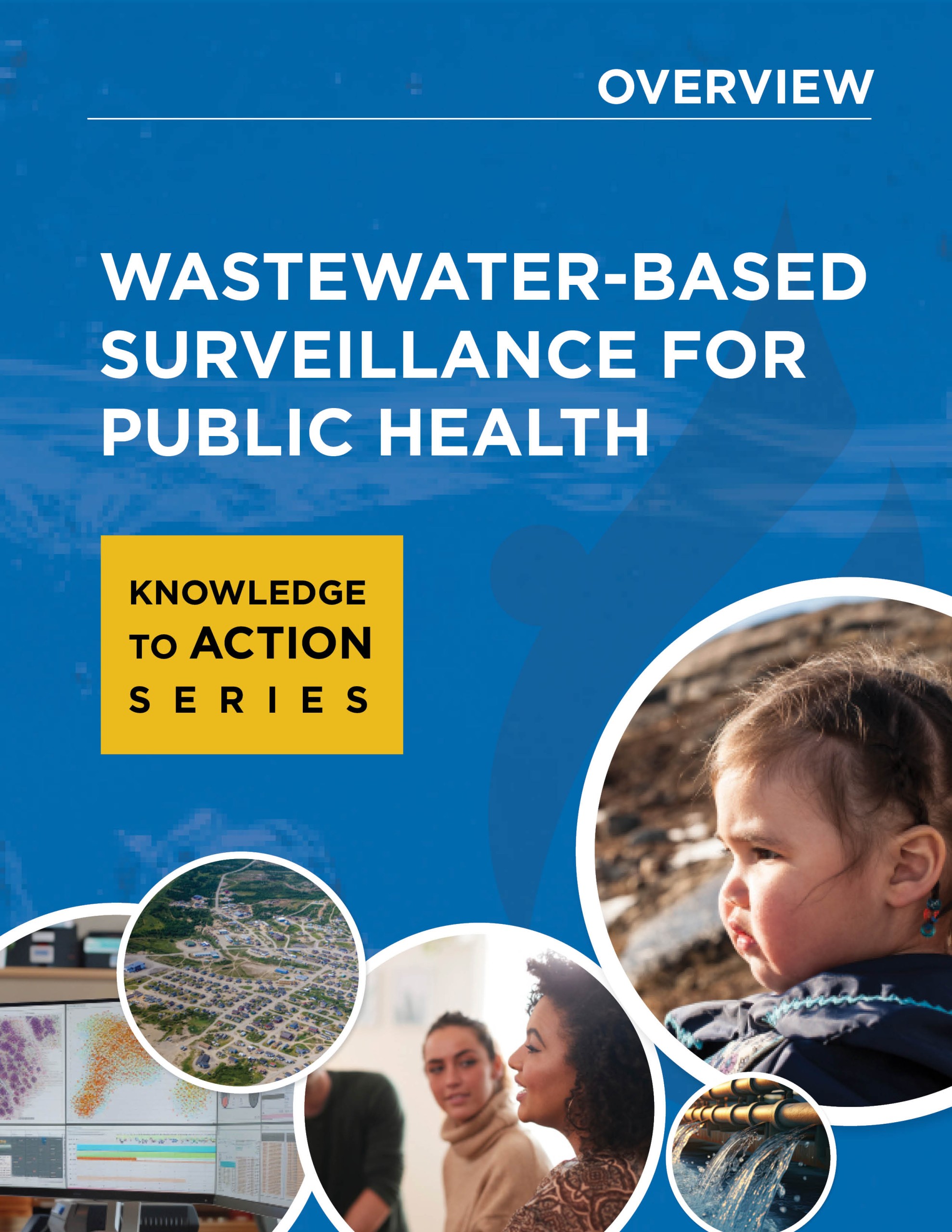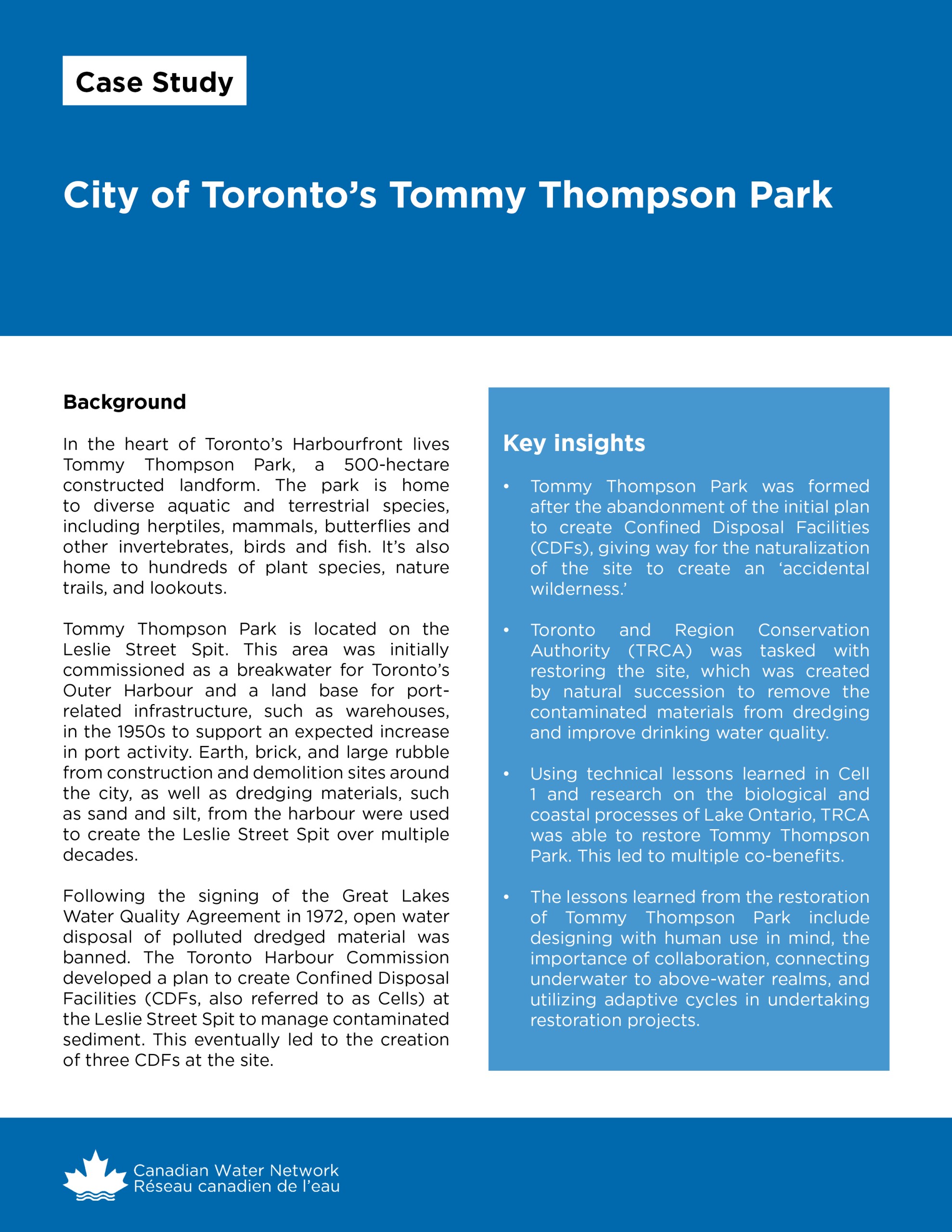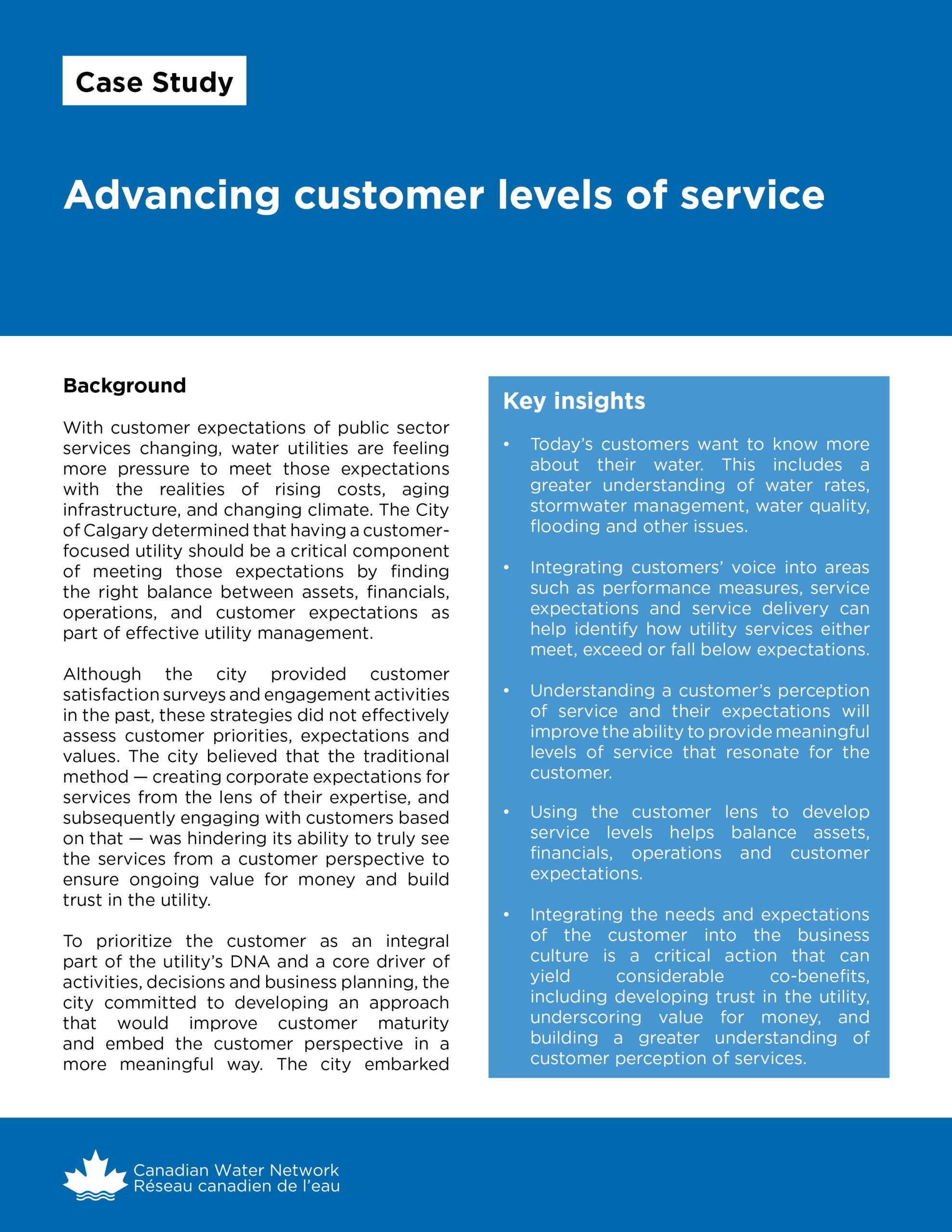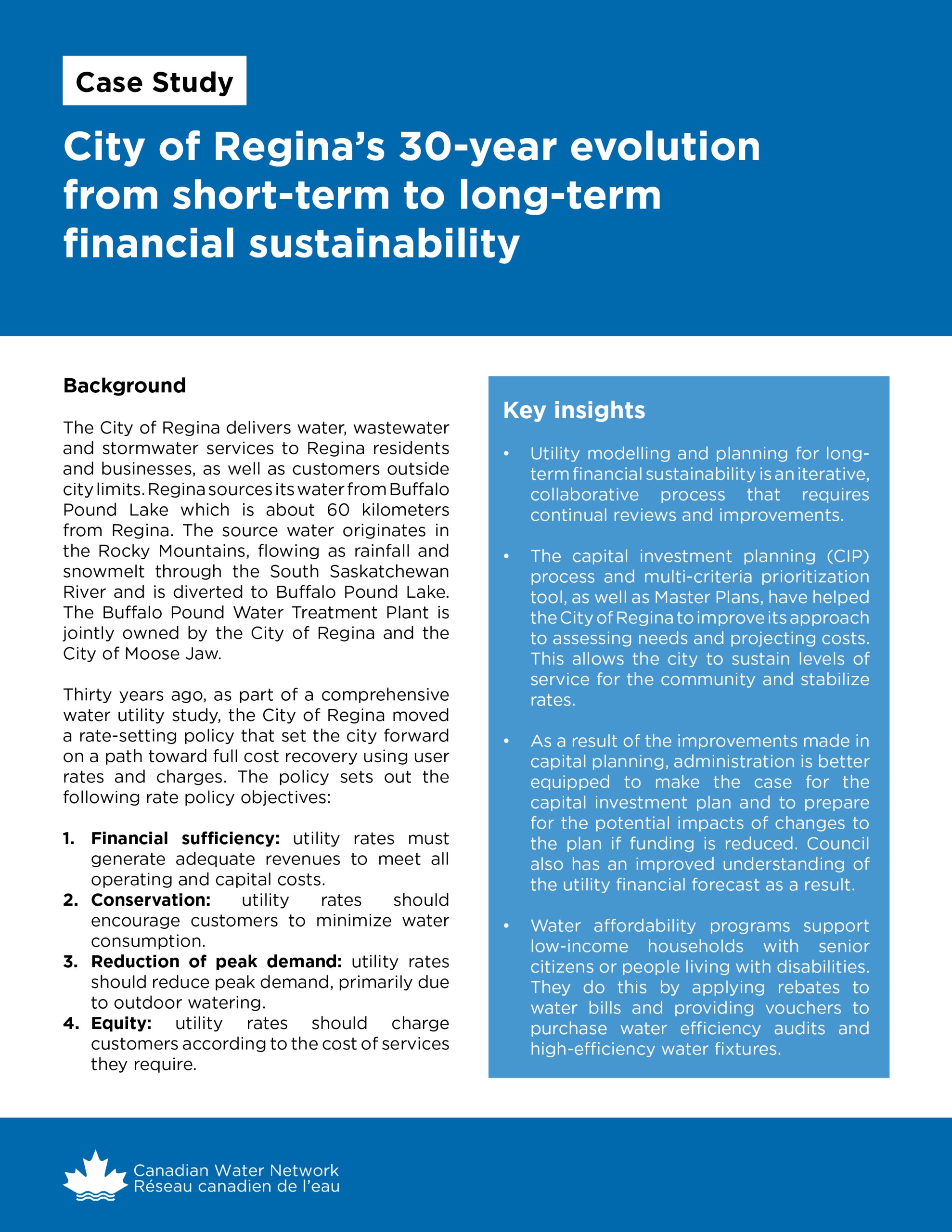Wastewater-based surveillance for public health: Knowledge-to-Action Series
(2023–2025)

Canadian Water Network (CWN) and the National Collaborating Centre for Infectious Diseases (NCCID) collaborated to launch the Wastewater-based Surveillance (WBS) Program. In its inaugural year (April 2023 – March 2024), the program supported over 30 public health practitioners serving cities and Indigenous communities across Canada. In its second year (April 2024 – March 2025), the program supported over 40 public health practitioners serving cities, Indigenous communities and provinces and territories. Their focus was on effectively interpreting and communicating WBS data, as well as communicating the value of using WBS to track cases of COVID-19 and other contagious diseases at the community level. Twelve knowledge products were produced, including overview documents, case examples, and tools to capture key learnings and promising practices from the program.
The objectives of the Wastewater-Based Surveillance (WBS) for Public Health Knowledge-to-Action Series are to:
- Capture what was learned by public health practitioners and their partners about interpreting and communicating WBS information, as well as the cost-effectiveness of WBS.
- Guide and support the use of WBS to protect and improve the health and well-being of people in health regions and communities across Canada.
Funding from the Public Health Agency of Canada for both program years and Indigenous Services Canada for year 1 enabled the successful implementation of this critical initiative.
Outputs
-
- Overview
- Case example from Ottawa Public Health
- Case example from BC Centre for Disease Control
- Case example from Nunavik Regional Board of Health & Social Services
- Resources and tools on health data governance and ethics
- Resources and tools on dashboards for communication and decision-making
- Key insights: Profile of wastewater-based surveillance in Canada
- Video: Toronto Public Health’s approach to wastewater-based surveillance
- Cost-effectiveness use case: The cost-benefits of wastewater surveillance in long-term care
- Cost-effectiveness use case: The cost-benefits of wastewater surveillance in rural and remote communities
- Cost-effectiveness use case: The cost-benefits of wastewater surveillance in urban shelters
- Case example: Cost-utility analysis, Wastewater-based surveillance of RSV




